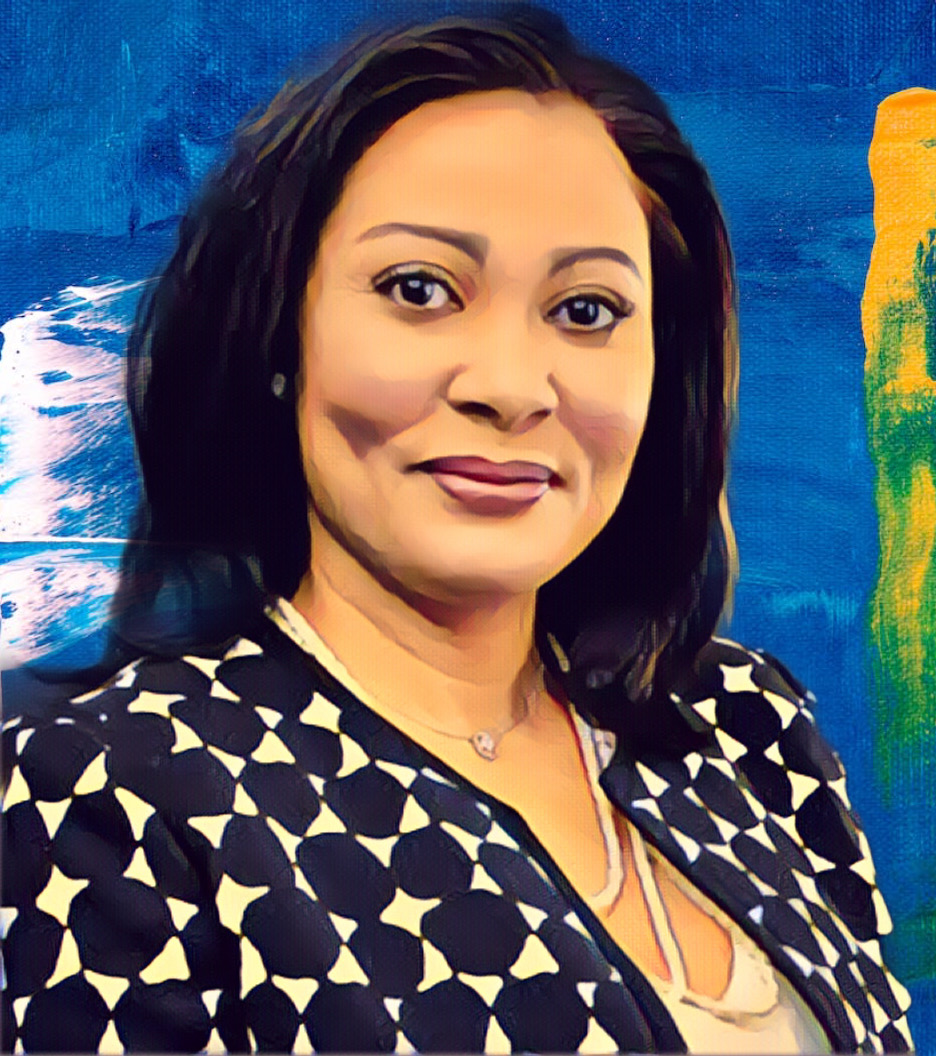KEY POINTS
- African consumers are increasingly exposed to exploitation through fake ads and unsafe products.
- Standardization is key to reversing these trends and protecting consumer rights.
- Consumer spending across Africa is expected to reach $2.5 trillion by 2030.
African consumers are increasingly being exploited through deceptive advertising, counterfeit goods, and unsafe products, according to Nigeria’s Minister of Industry, Trade, and Investment, Doris Uzoka-Anite.
This exploitation persists despite the continent’s status as the world’s fastest-growing consumer market.
Speaking at the 11th African Day of Standardisation event in Abuja, the minister stressed the importance of enforcing international quality standards to protect African consumers and enhance trust in the market.
The event, themed “Empowering Consumers through Standardisation to Achieve Their Rights to Safe Quality Goods and Services,” sought to raise awareness of consumer rights in Nigeria and across Africa.
Uzoka-Anite, represented by the Ministry’s Permanent Secretary, Nura Abba Rimi, emphasized the need for the African market to avoid becoming a dumping ground for substandard products.
She pointed out that the continent’s consumer market, currently at 1.2 billion people, is expected to grow to 1.7 billion by 2030, with consumer spending projected to reach $2.5 trillion by that time.
Rising challenges and the role of standards
The minister highlighted the various issues plaguing consumers in Africa, such as misleading advertisements, poor service delivery, counterfeit products, and overpriced offerings. According to Punch, she emphasized that standardization is crucial to reversing these trends.
“Consumers in Africa face numerous challenges, including misleading advertisements and substandard services. However, the adoption of international quality standards can serve as a safeguard for consumer rights,” Uzoka-Anite said.
She added that by adhering to global standards, businesses in Africa could not only protect consumers but also boost market access and drive economic growth through exports.
SON’s role in promoting quality
Uzoka-Anite also praised the efforts of the Standards Organisation of Nigeria (SON) in promoting standardization across the country.
“SON collaborates with international bodies to align national standards with global best practices, ensuring that consumers have access to safe and high-quality products,” she said.
SON’s various initiatives, including market surveillance and factory inspections, have contributed to an increase in the number of consumers accessing quality goods and services, the minister added.
The event also focused on empowering businesses to embrace quality as a central pillar of their operations. “By adopting standards, manufacturers and importers can enhance consumer trust, boost market access, and drive export growth,” the minister noted.
Commitment to consumer protection
SON Director General, Ifeanyi Okeke, reiterated the organization’s commitment to protecting consumers from exploitation.
He highlighted how SON’s initiatives, such as the Product Authentication Mark, enforcement activities, and port operations, have significantly improved consumer access to quality goods.
“Standardization is a tool for consumer empowerment,” Okeke said. “Through efforts like the MANCAP and SONCAP schemes, we’ve seen a substantial rise in the availability of safe, high-quality products in Nigeria.”
He further emphasized the importance of fostering a culture of quality consciousness among businesses. “By embracing standardization, companies can ensure that they meet the quality benchmarks required to compete both locally and internationally,” Okeke added.


